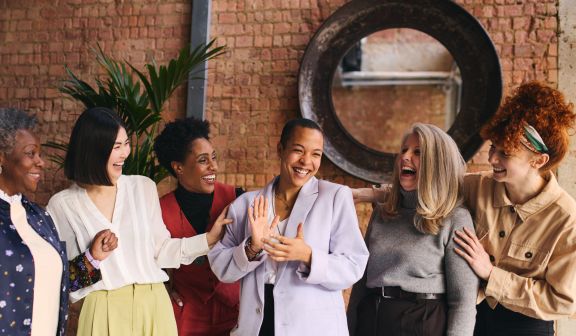Major gifts officers and their teams are more than fundraisers; they are relationship builders. As a major gifts officer, the most important aspect of your work involves getting to know potential donors and identifying connections between them and your nonprofit’s cause. Issue-based philanthropy is becoming increasingly important to affluent households, which is attributable to the worldwide social and economic concerns we have all seen in the past few years. You have the opportunity to connect with high-net-worth donors who are searching for ways to make a difference, and they can do that through their generous support to nonprofits.
Some potential donors need personalized guidance and direction to understand possible giving options and the impact their donation can make. Nearly half of affluent donors consider themselves only novices in terms of charitable giving knowledge according to a study by the Bank of America in 2021. With your experience in the nonprofit sector, you can help them navigate the broad world of philanthropy and determine gift options that not only work best for their financial future but also align with their spirit of generosity.
A great relationship begins with a great discussion. The way to build a relationship with affluent donors – or any new donors – is based on direct and thoughtful communication. Follow this discussion model to set the tone and guide your next conversations.
Keep your discussion donor-centric. Prepare before you meet with donors. Ask yourself, “Why am I talking to this potential donor? Why are they interested in my organization?” The answers to these questions will help you make preliminary connections between the donor and your organization in advance. They will serve as the base of your conversation and remind you that your conversation is about getting to know the donor first.
Identify their “why.” When you and your organization meet with potential donors, your goal is to determine your donor’s “why.” In other words, focus the discussion to understand the connection the donor has to your organization or your organization’s work that personally resonates with them. This information is vital to establishing a genuine relationship.
Listen. And then, listen again. People are searching for meaning, and for many, a sense of meaning is fostered when they feel they have helped another human being. Ask your high-net-worth donors to share about their desires to help others and what gives them meaning and personal satisfaction. If they are unsure, ask guiding questions and be willing to take the time to reveal how your organization’s work aligns with their desire to do good.
Explore the lives and history of your donors. This will help you narrow down their interests. Ask your donors what their life and career has taught them. Discuss what they would like to be remembered for or what they would like to see sustained in the future. Ask questions to reveal if the donor is a grateful patient, a proud college alum, or affiliated with a human service agency. Then, help them understand how to connect their legacy ideas to their feelings of generosity. You can explain how and to what extent the donor can make a significant impact through your organization.
Again, it is all about discovering the “why.” Donors are more likely to give to organizations that match their interests and that make a difference. Guide them through your organization’s mission statement and the case for support. They will realize how their generosity to your organization will positively support society in the future, and they will feel a true sense of meaning when they contribute.
Ultimately, high-net-worth donors are looking for avenues where they can give to make a difference. Studies show affluent individuals have the most confidence in nonprofit organizations, themselves, and other individuals to influence societal problems and global issues for the best. They believe in the power of voluntary action and support. You have the opportunity to show them how partnering with your organization is a rewarding form of action.
The key to engaging these donors is to first build relationships to understand their motives and aspirations. With that knowledge, you can deduce how their generosity in giving coincides with your organization’s mission. By dedicating time to relationship-building with your affluent donors, you will see how the foundation you establish will be rewarding for you both now and in the future.
